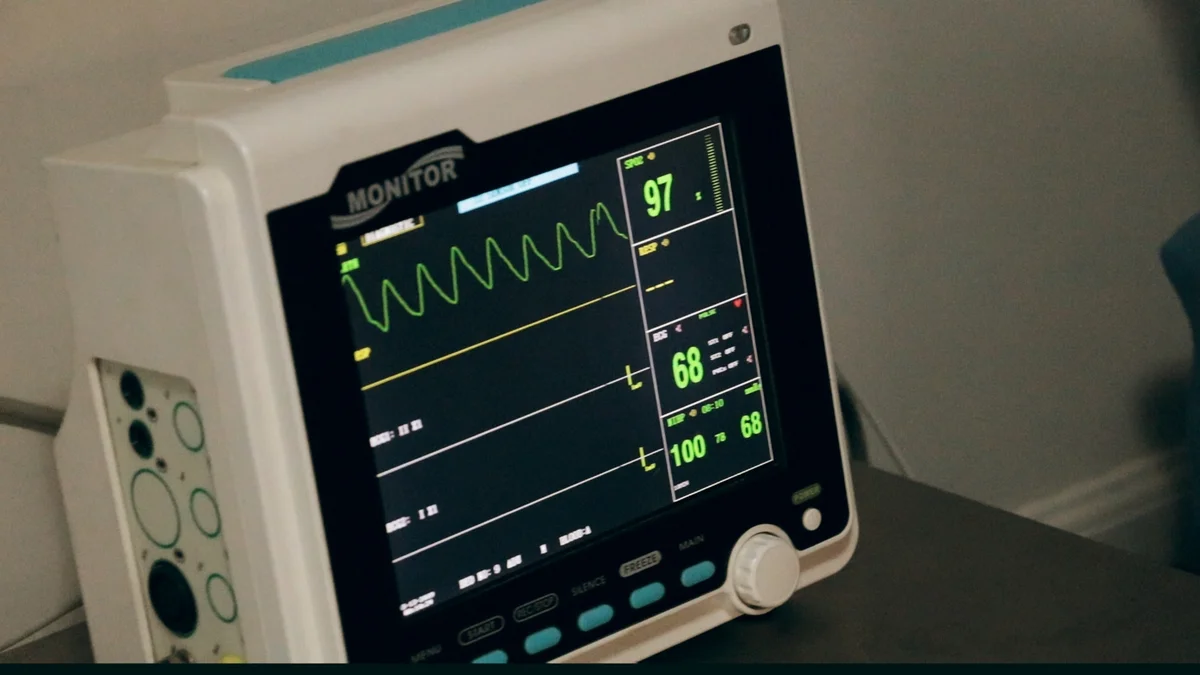How Technology Is Changing Health Care Industry?
Technology is changing everything in the world and is critical for evolution and innovation in various industries. One of the industries that significantly benefits from the impacts of technology is healthcare. It has diversified and revolutionized all healthcare aspects, such as machine production, application, drug development, research, etc.
Technology has revolutionized medical services in various ways; it facilitates innovation in medical equipment and data availability and helps doctors and other medical practitioners offer the best services.
Here are some ways in which technology is changing the healthcare industry.
1. Medical research and product development
The medical research and pharmaceutical industry are a critical component of healthcare since they produce the necessary medication. Medical technology has also been a game changer for medical research to produce essential products such as vaccines.
One of the industries currently experiencing the impact of technology on medical products is the CBD industry. The hemp industry is growing fast due to the legalization of marijuana for medical use.
Technology is significant for boosting CBD production, farming, extraction, and analysis. It enables manufacturers to produce high-quality products in different forms, such as CBD oils, gummies, tinctures, and flowers. CBD gummies can also be ideal for various medical conditions.
Moreover, technology is critical for researching how various products, especially organic products, boost or complement the effects of CBD in the body. As AI gains traction in the CBD industry, users should anticipate newer products to address various medical conditions.

2. The rise of telehealth
One medical technology currently gaining traction in the healthcare industry is telehealth. It is critical for helping patients reduce costs, such as traveling to hospitals and spending more time in queues waiting for doctor appointments. Telehealth involves the integration of different technologies, such as wearables that will remotely monitor the body’s vitals and communicate the details with the doctor.
Virtual communication platforms enable the patient to directly communicate with the doctors for medical consultation and get prescriptions after the session. It also boosts the ease of access to medication and doctors since patients can access doctors anytime and anywhere. The data can also be shared with other medical organizations to boost drug prescription and patient care.

3. Access to medical data
Data is the fuel for the growth of many industries and innovations. Artificial intelligence has provided all the data needed for researchers to study viral and bacterial genomes, which is critical for creating and producing different medicines. Hospitals no longer rely on questionnaires and oral patient interviews to gain data.
Today, machines and technologies used in the medical industry collect, store, and can process data to a certain extent. The data provided is critical for medical databases on which health practitioners and stakeholders rely to deliver the best services and create various machines, instructions, and medicines. Health data can significantly revolutionize the healthcare industry for research, planning diagnostics, and prescriptions. Medical data is significant, and today the healthcare industry is relying on healthcare apps to collect data and track patients’ vital details.
4. Improved service delivery
Service delivery is one of the most critical needs for all patients. Anyone walking into the hospital should get the best services from doctors and nurses. Technology is key to delivering the best patient care services and helps doctors speed up the treatment process, reducing waiting times. The digital records and filing system cut doctors’ time searching for files; instead, they depend on technology to provide the needed data, such as patient history.
The technologies can also analyze patient details such as scans and x-rays to reveal the possible problems the patient is dealing with. It prevents medical errors that may arise from overreliance on doctors’ diagnoses. These systems can also prescribe drugs and dosages, eliminating errors of the wrong prescription. Patients can also use medical technologies such as apps and websites to book appointments and track their medical data and tests through the laboratory process.
In complex medical surgeries, doctors rely on the available technologies to boost the surgery process. The doctors will rely on advanced imaging and 3D medical procedures to conduct mock surgeries before the actual surgery. These systems can constantly monitor the surgery process to ensure surgeons follow the right procedures and avoid any mistakes that may arise when conducting the surgeries.

5. Patient records safety
Before the increased technology implementation, patient records were vulnerable to loss in case of fires, flooding, and other accidents. Currently, all patient records must be on computers, and the data is stored in databases. It means that people cannot access the data without the necessary clearance and are protected in case of accidents and risks. Currently, all the documents must be online and secured through various security strategies such as firewalls and ISO protocols.
The protocols, such as virtual data security, ensure patient data safety even if the organization’s data storage systems are compromised. Data safety and availability are critical for medical services such as patient diagnostics and prescriptions.
Conclusion
Technology remains a critical element of the healthcare industry. It has transformed healthcare delivery by boosting healthcare services, reducing patients’ time in hospitals, and improving communication with doctors. Technology is also critical for boosting patient data safety and aiding medical research, which is critical for creating new medical products.




